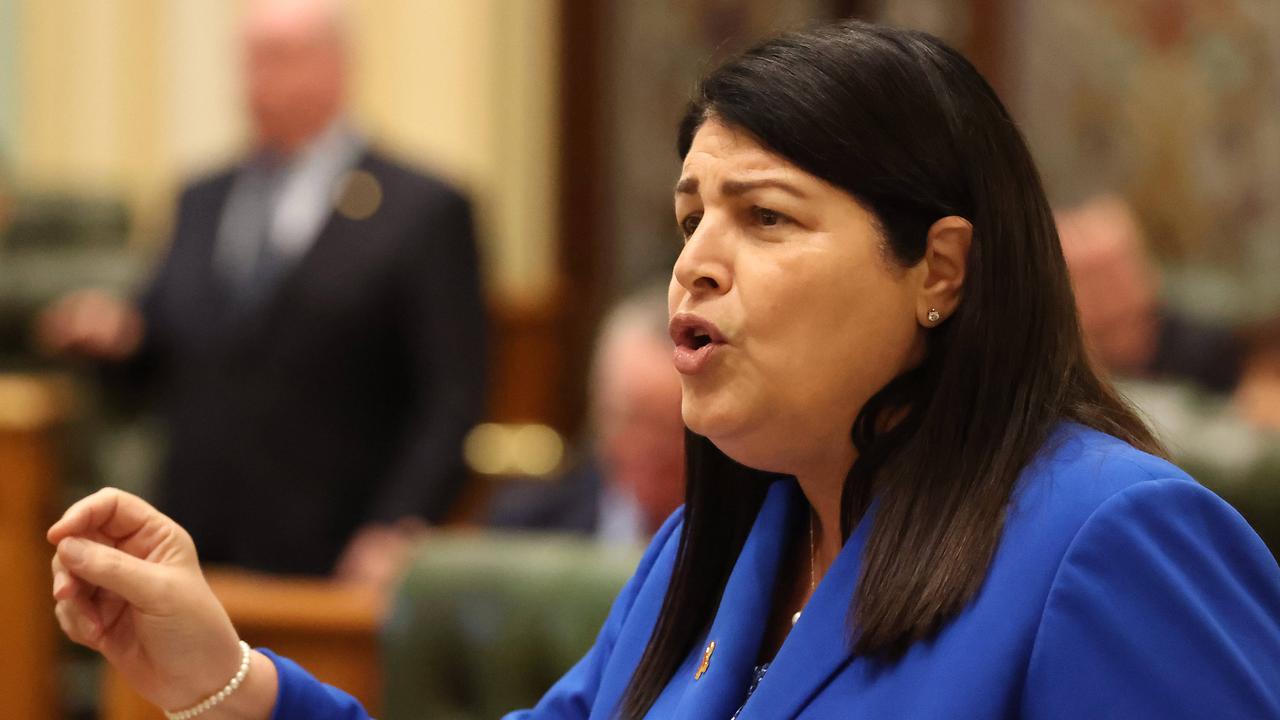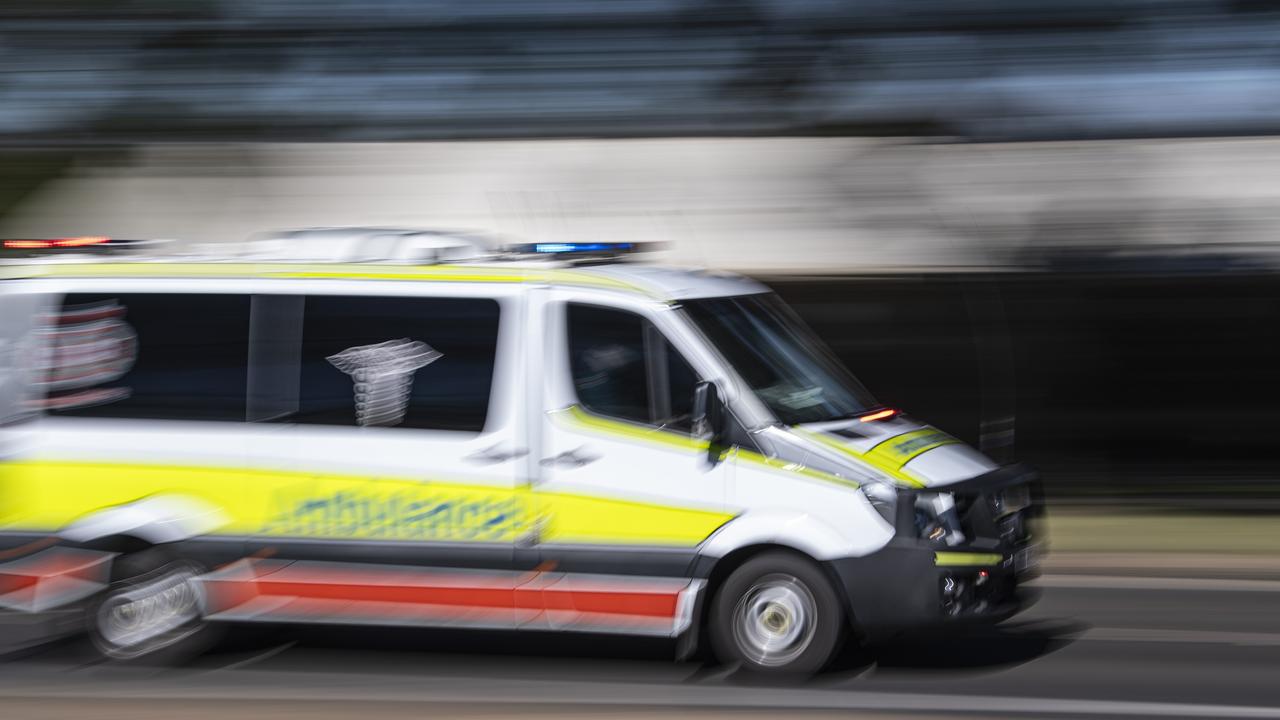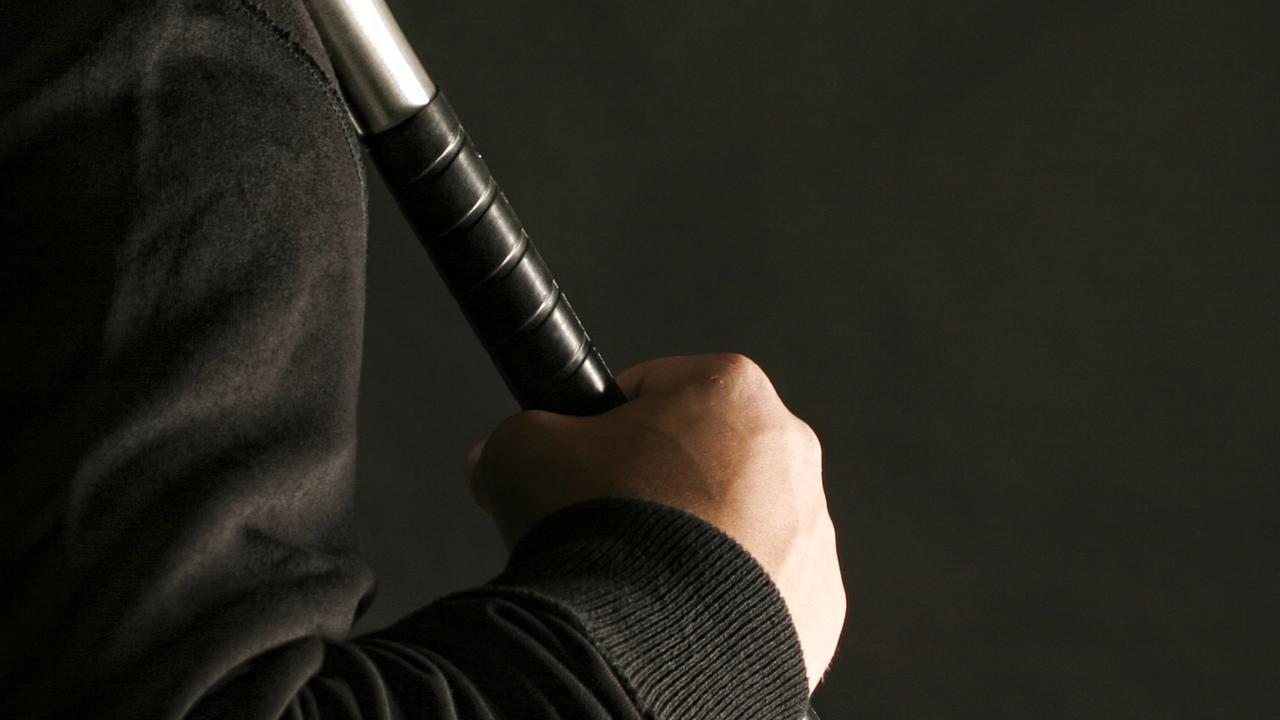Calls to halt school suspensions and fund classrooms to mange bad behaviour
If a child’s behaviour is so bad that they are suspended it should trigger intervention, not exclusion, and a growing body of research shows that sending a child home only increases the risk of them sliding into serious criminal behaviour in their teen years.

Police & Courts
Don't miss out on the headlines from Police & Courts. Followed categories will be added to My News.
The classroom has become the next battleground for social workers, teachers and youth justice advocates working to stop a new generation of teens falling into a life of crime.
For one of Queensland’s leading youth advocates, the first step to addressing the root cause of youth criminals would be to freeze suspending and expelling children for bad behaviour and instead provide backup for teachers to better manage disruptive students.
It is a simple idea but requires significant funding to make it work.
Act For Kids national education director Thomas McIntyre said an out-of-control prep or primary school student’s most likely had issues in their home life.
By excluding a child from school they are taken out of the safety of the classroom and sent back to traumatic or neglectful environments.
About one per cent of Queensland school students are in out-of-home care, such as foster
care, but they received 24.7 per cent of School Disciplinary Absences in 2021, according to the Family and Child Commission.

Mr McIntyre said the significant bill to keep disruptive children in school would have a reduced cost to society in the long-term by lowering the chance of youths turning to crime and eventually incarceration.
“A lot of these young people want to be at school, but they have lost so much of their education through no fault of their own,” he said.
“They had been removed from their home by the Department of Child Safety and placed in multiple foster homes.
“So the last thing they were thinking about was grade 10 English when all this adult stuff was happening around them.”
Data compiled by the Family and Child Commission showed dropping out of school was the most common precursor for young people who end up in youth detention.
In 2021 the commission surveyed 1642 young offenders and found more than 52 per cent of incarcerated kids had completely disengaged from education, training and employment.
This was followed closely by 51 per cent who were impacted by domestic violence, 45 per cent who had a mental health or behavioural issue and 31 per cent who had at least one parent in jail.
While Queensland has grappled with a small cohort of hardened youth offenders who commit the majority of offences, so too our schools have dealt with an increased number of students not turning up to class.
Family and Child Commission data showed that in semester one, 2021, only 67.5 per cent of Queensland students in years 1–10 had an attendance rate of at least 90 per cent.
This was down from 76.9 per cent in 2016.
At the same time the number of children held in detention has increased by 27.3 per cent.
In 2021, 1077 prep students were suspended with 252 of those being Indigenous children.
This is despite Indigenous students making up just 10 per cent of full-time enrolments in Queensland.
This total number of suspension jumped to 2013 for year 1 students, 2740 for year 2 students to a peak of 15,323 year 8 students before dropping back to 2296 for year 12 students.
“School disciplinary absences are overused and disproportionately affect Indigenous students and students with a disability,” a commission spokeswoman said.
“Children involved with the child protection system, with experience of poor mental health, exposure to domestic and family violence and unstable housing, are also more likely to receive an SDA.”
This adds to that statistic that each day an estimated 260-270 children are held in custody across Queensland which costs $188m each year.
This is money Mr McIntyre said could be better spent on intensive counselling programs in schools which he said have a proven record of keeping kids engaged in school and off the street.
He pointed to a 2020 program that placed counsellors in seven Moreton Bay schools and worked with student victims of neglect and trauma.
“These were children who had experienced drug abuse, domestic violence and trauma,” Mr McIntyre said.
“School was sometimes the only safe space for them so they got to the classroom and all those hormones that have been built up over the weekend come out.”
Of the students involved in the program 78 per cent reported improved behaviour and had re-engaged with learning.
In light of News Corp’s Enough Is Enough youth crime campaign, Act for Kids has started talking with the police and the Department of Youth Justice to fund similar programs in Queensland schools.
Mr McIntyre said he was mindful of schools’ duty of care to their other students and added that the key to making a suspension ban work was to give teachers the support they needed.
He added the youth crime challenge would only be solved if school, Child Safety, Youth Justice, the police and Queensland Heath worked together.
“We can’t be walking with a kid their whole life so we have to engage with schools and community, to help kids self-regulate their behaviour,” he said.
“The earlier you do it, the better the impact you have and it gets much harder as children get older
“We can’t expect teachers to be experts on suicide, domestic violence and child protection but there are ways to engage with students at school and take the pressure off teachers.”
Mr McIntyre is not alone in calling for an end to isolating students from a school community through suspensions and expulsions.
In February 2022 the Queensland Human Rights Commissioner called for an inquiry saying the use of SDAs varied wildly between schools and that overall their use had outpaced the growth in school enrolments.

Queensland Education Minister Grace Grace questioned the high rates of vulnerable children being suspended from Queensland state schools.
“It really does concern me that kids in preppy are actually being suspended,” she said.
Ms Grace told The Courier-Mail in December that an education review was happening concurrent to talks in a Cabinet subcommittee that considers youth justice issues.
“I feel confident there are different pathways to suspension, and exclusions and detentions,” she said, adding she wanted a better approach that considered student wellbeing, culture and recognised trauma when deciding discipline.”
Mr Grace address the Queensland Parliament on Tuesday to say the rate of SDAs was trending down.
“We know life can throw a curveball at students,” she said.
“That is why our $100 million wellbeing package means they can get the support they need from GPs, psychologists and other wellbeing professionals in schools.
“I am also proud of our $80 million investment to support a two-year transition to a game-changing new resourcing model for students with disability because we know early intervention is crucial.
“The new model will see resources flow to almost 80,000 students. That is an extra 40,000 students compared to the previous model.”









